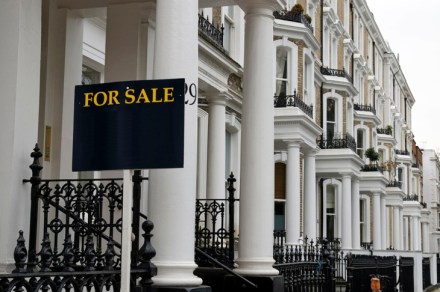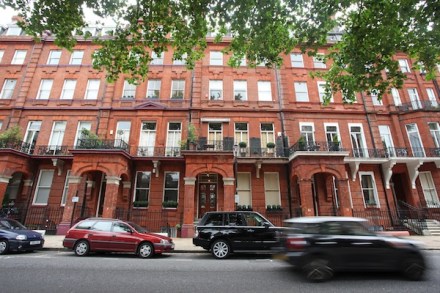No, I Don’t Want To Sponsor You
The Metropolitan policeman who spent a week crawling the London Marathon wearing a gorilla costume captured my imagination and my admiration. When he crossed the finish line and beat his chest, I silently cheered. Tom Harrison, who goes by ‘Mr Gorilla’, swapped between crawling on his hands and knees and on his hands and feet to save his blistered knees. He raised some $50,000 for the Gorilla Organisation, which protects gorillas. It can’t have been fun. He earned every penny. I rarely feel that way about people who ask me to sponsor them for runs, walks, hikes, cycle races, and climbs. Why should I contribute to a charity not of





















